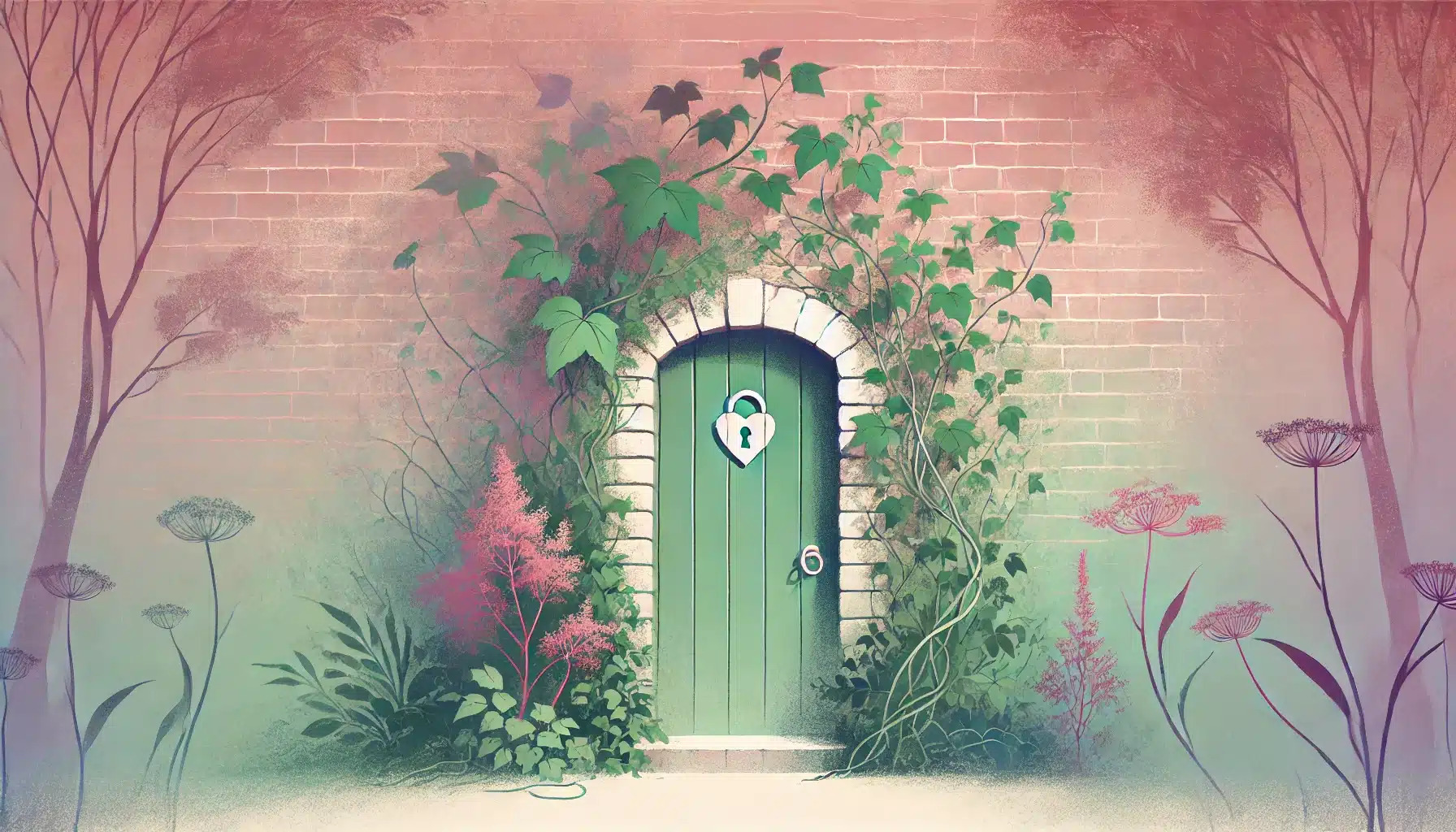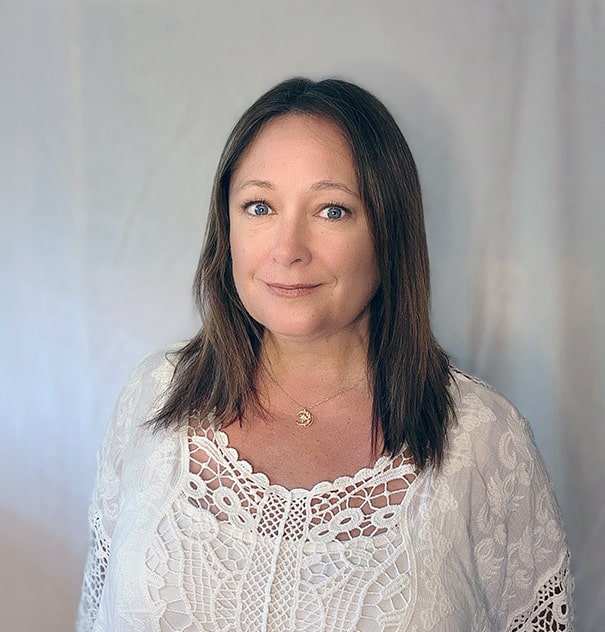Grief is often associated with the death of a loved one, but the truth is, we experience grief in many other forms throughout our lives. Non-death losses—like the end of a relationship, losing a job, or even unmet expectations—can trigger deep emotional responses that are just as valid and impactful as those caused by death.
Yet, these forms of grief are often overlooked, both by society, friends, family, and even ourselves. In my new book, Navigating Loss, I explore the hidden grief of non-death losses, how to recognize it, and some practical steps you can take to begin healing. Below I will share with you some of the tools I offer in Chapter 1: The Rocky Terrain of Unacknowledged Loss, which focuses on disenfranchised grief.
Understanding Disenfranchised Grief
The concept of disenfranchised grief was introduced by Dr. Kenneth Doka, a pioneering figure in the field of grief studies. Doka’s work highlights how grief can be disenfranchised—meaning it is not acknowledged or validated by others. This type of grief often occurs in response to losses that society doesn’t typically view as "worthy" of deep mourning, or when a griever is not perceived as having the "right" or "capacity" to grieve. For instance, the pain of a divorce, pet loss, the loss of a job, or even the grief over a missed life opportunity can be just as profound as the loss of a loved one, yet it often goes unrecognized.
Grief can also be disenfranchised when the loss is perceived as unbearable, as with child loss, physical violence, or a deep betrayal.
Doka’s insight into disenfranchised grief is crucial because it gives a name and legitimacy to the feelings that many of us experience but struggle to validate. When your grief is dismissed or minimized, it can leave you feeling isolated and misunderstood, making the healing process even more challenging.
- What You Can Do: Start by acknowledging your own grief. Reflect on a time when your loss was overlooked or dismissed. How did that make you feel? By validating your own experience, you take the first step toward healing, even if others don’t recognize your pain.
Finding Support When Grief is Disenfranchised
It’s common to feel unsupported during non-death losses. Even those closest to you may not fully understand what you’re going through, simply because they don’t see your loss in the same light as a death. This doesn’t mean they don’t care—it often means they’re dealing with their own challenges or simply lack the understanding of how deeply your loss affects you.
- What You Can Do: Consider seeking out a support system that understands your specific type of grief. This might be a grief support group, a therapist, or even online communities where people share similar experiences. Finding the right support can make a significant difference in how you process and heal from your loss.
Naming Your Grief to Make It Manageable
One powerful way to begin managing your grief is by naming it. Just as Harry Potter faced his fears by naming Voldemort, naming your grief helps you confront it head-on. Whether it’s sadness, anger, fear, or loneliness, putting a name to what you’re feeling can make it less overwhelming and more manageable.
- What You Can Do: Take some time to write down the specific emotions you’re feeling related to your loss. Be as detailed as possible. This simple act of naming your grief can help reduce its power over you and make it easier to start working through those emotions.
Imagining the Boundaries You Need
Grief takes a toll on your emotional energy, and sometimes, you need to set boundaries to protect yourself. Setting boundaries isn’t about shutting people out; it’s about creating a safe space for your healing. Imagine what it would be like to say no to certain social obligations or to limit time with people who drain you.
- What You Can Do: Over the next few days, observe situations where you feel emotionally drained. Imagine how setting a boundary could protect your energy and help you heal. If it feels right, gently practice setting one of these boundaries and notice the impact it has on your well-being.
Pre-Order Navigating Loss Today
Understanding and healing from non-death losses is a journey that requires compassion, both from yourself and from those around you. If you’ve found this blog helpful, I invite you to dive deeper into these concepts by pre-ordering my upcoming book, Navigating Loss, which will be released on November 12, 2024. This book is a comprehensive guide designed to help you acknowledge, process, and heal from all forms of loss. Drawing on the foundational work of experts like Dr. Kenneth Doka, Navigating Loss offers the tools and insights you need to move forward with resilience and self-compassion.
Pre-Order Now to secure your copy and start your journey toward healing.


